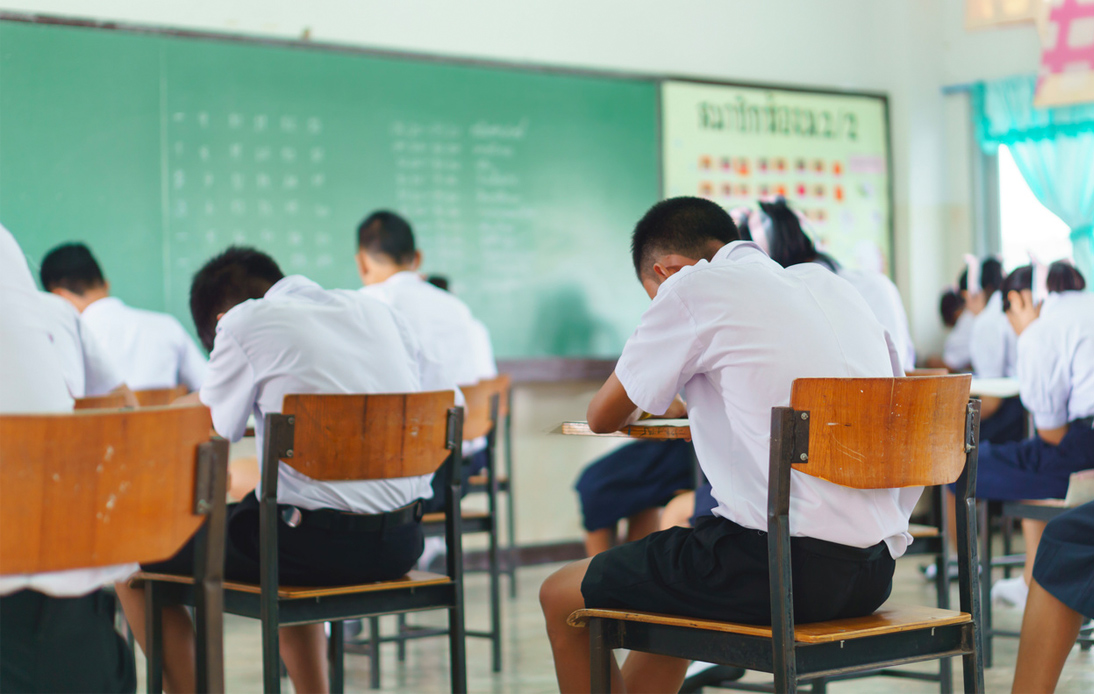
Prime Minister Srettha Thavisin states that previous administrations should be held accountable for the poor results of Thai students in recent international tests.
Three months into his tenure, the prime minister has pledged to tackle these issues and enhance Thailand’s educational system.
He pointed to the most recent results from the OECD’s PISA test, where Thai students recorded their lowest scores in 20 years.
Thailand joins six other nations, including Costa Rica, Finland, Iceland, the Netherlands, the Slovak Republic, and Sweden, that have witnessed declining reading abilities even before the pandemic.
Mr. Srettha noted widespread criticism of the Thai education system’s quality, especially regarding its curriculum and teaching standards, acknowledging that significant reform efforts have been lacking.
“More than a million children have been forced away from the education system due to the Covid-19 pandemic. We will have to help them return.”
“Big companies should also help support Thai education,” Mr. Srettha stated.
Siripong Angkasakulkiat, an assistant spokesperson for the Education Ministry, attributed the decline in Thai students’ test performance to the challenges of online learning and decreased focus during the pandemic.
He noted that this shift had a negative impact on their reading and critical thinking abilities.
He mentioned that the majority of students who scored poorly were enrolled in provincial schools, especially those governed by the Office of the Basic Education Commission and local administrative entities.
Conversely, students from schools with a science emphasis scored exceptionally well, surpassing even their counterparts in Singapore.
Consequently, Mr. Siripong suggested that the educational approaches of these high-performing schools should be adopted in other schools across the nation.
Education expert Prof. Sompong Jitradab urged the prime minister to promptly address these educational challenges, particularly in subjects like English, mathematics, and science.
“Unfortunately, the Education Ministry only concentrates on pushing learning about history and subjects related to civic duty. Why?” he asked.
He called on the government to actively pursue educational reforms, a topic long discussed but yet to be actualized.
Improving the educational settings in schools in the provinces is crucial, he said, to motivate young students to attend classes and steer clear of illegal drugs and activities that could lead to increased dropout rates.




















